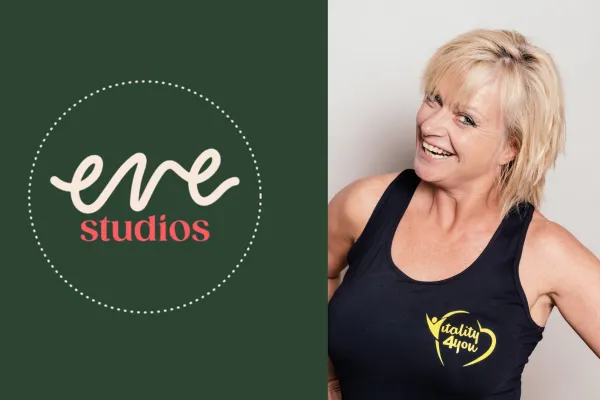
Do We Really Live the Ideal Life in Jersey?
In Jersey, we often talk about our glass bubble — this picture-perfect life on a beautiful, safe
island. But scratch the surface, and you’ll see that bubble isn’t the same for everyone. In fact,
it’s starting to crack.
This March, Deputy David Warr lodged a proposition to raise the assets and savings threshold
for the Affordable Housing Gateway — a move that could help more people access
reasonably priced homes. But just a couple of months earlier, headlines praised the continued
success of Jersey’s High-Value Residency Programme — attracting ultra-wealthy individuals
to the island.
So who is Jersey really for?
To borrow from Karl Marx, it increasingly feels like there are two streams of people:
The wealthy — landowners, finance executives, developers.
And the working class — our essential workers, carers, nurses, hospitality staff, and
young people unable to afford their own homes.
As one commentator put it:
�� "Jersey could be seen as a capitalist island-state, where wealth accumulation by a few
coexists with growing precarity for many."
We all know it’s happening:
A housing crisis, with a minority owning most of the prime real estate.
Young islanders leaving in droves because they can’t afford to live here or see a
future.
Teachers, nurses, and other public sector workers priced out of the very community
they serve.
Tax policies that seem to benefit the wealthy more than the average person.
And if we zoom out and look across generations, the pattern continues.
Our parents — the Silent Generation — were shaped by war and recovery. They worked
hard, saved well, and benefited from final salary pensions and affordable homes. Many now
own their homes outright. But with care needs rising in old age, they face astronomical
weekly care costs — £1,300 to £1,500 per week — often with no state support.
The Baby Boomers did well during periods of growth, free education, and house price
booms. But they’re the largest ageing group, and many may outlive their savings. The
inheritances they hoped to pass down are being swallowed by care fees.
Then there’s Gen X and Millennials, many without property, saddled with high living costs,
and still supporting both children and ageing parents. It’s no wonder 50% of Jersey
households say they’re struggling to meet basic living costs. A recent survey found 86% feel
impacted by the rising cost of living, with over a third saying an extra £100 a month would
break their budget.
Even more alarming — from 2017 to 2023, 2,690 young people aged 20-24 left the island.
That’s a whole generation seeking affordability and opportunity elsewhere.
Last week, Kate Wright rightly called for government action. I want to reinforce that call and
offer some simple, practical ideas that could ease the pressure:
1. Reduce import duties and GST on essential items like food.
2. Subsidise freight and shipping, offering tax breaks to importers (and no, we’re not
taking a page from Trump’s playbook).
3. Support local food production — more farmers markets, and greater self-reliance.
4. Tighten oversight on the supply chain — cut out excessive markups and ensure
fairness.
Yes, I’ve leaned into the economic issues — because they affect everything. But what’s really
happening to us, as people, under this constant pressure?
As someone who advocates for women's health, I’ve also become acutely aware of how men
are struggling. Suicide statistics are rising. Stress, when left unchecked, can show up in
tension at home — arguments, anger, or even violence. A slammed door or punched wall
might not leave a mark, but it leaves fear. And that fear embeds itself into our children’s
understanding of love, security, and their own self-worth.
This is why we need spaces for men — not just to talk, but to reconnect with purpose, sport,
community, and movement. Places to find healthy “dopamine hits” that don’t come from
burnout or breakdown.
My vision is simple: bring together Jersey’s charities, health professionals (mental and
physical), and community leaders to create a one-stop hub where men can get the support
they need — without stigma, without delay.
If we can do this for women, why not men?
Now is the time to act.
Collaboration is key. Allyship is critical. Let’s make a difference — together.
